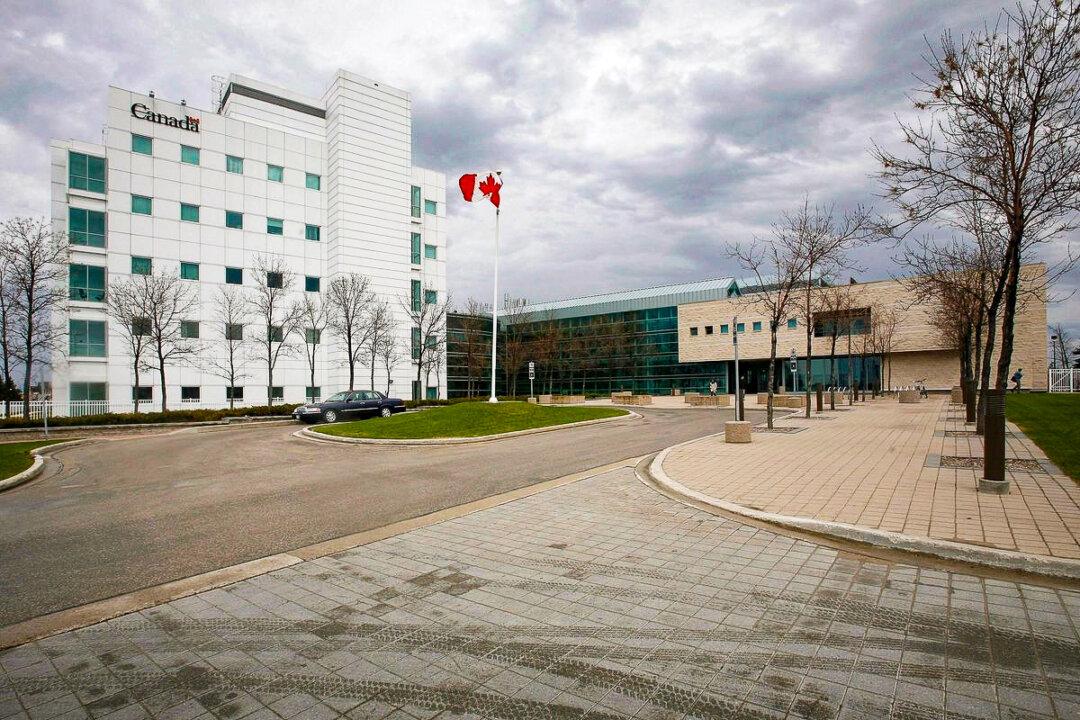In 2023, a U.S. judge sentenced high-profile Harvard professor Charles Lieber to imprisonment and fines for lying about his ties with China’s state-run talent recruitment program and a Wuhan university. Several other researchers in the United States have been arrested on similar charges in recent years.
In Canada, after more than four years since Xiangguo Qiu and Keding Cheng were expelled from the high-security Winnipeg lab in 2019 and later fired for undisclosed ties with Chinese regime entities and talent programs, no charges have been announced.





